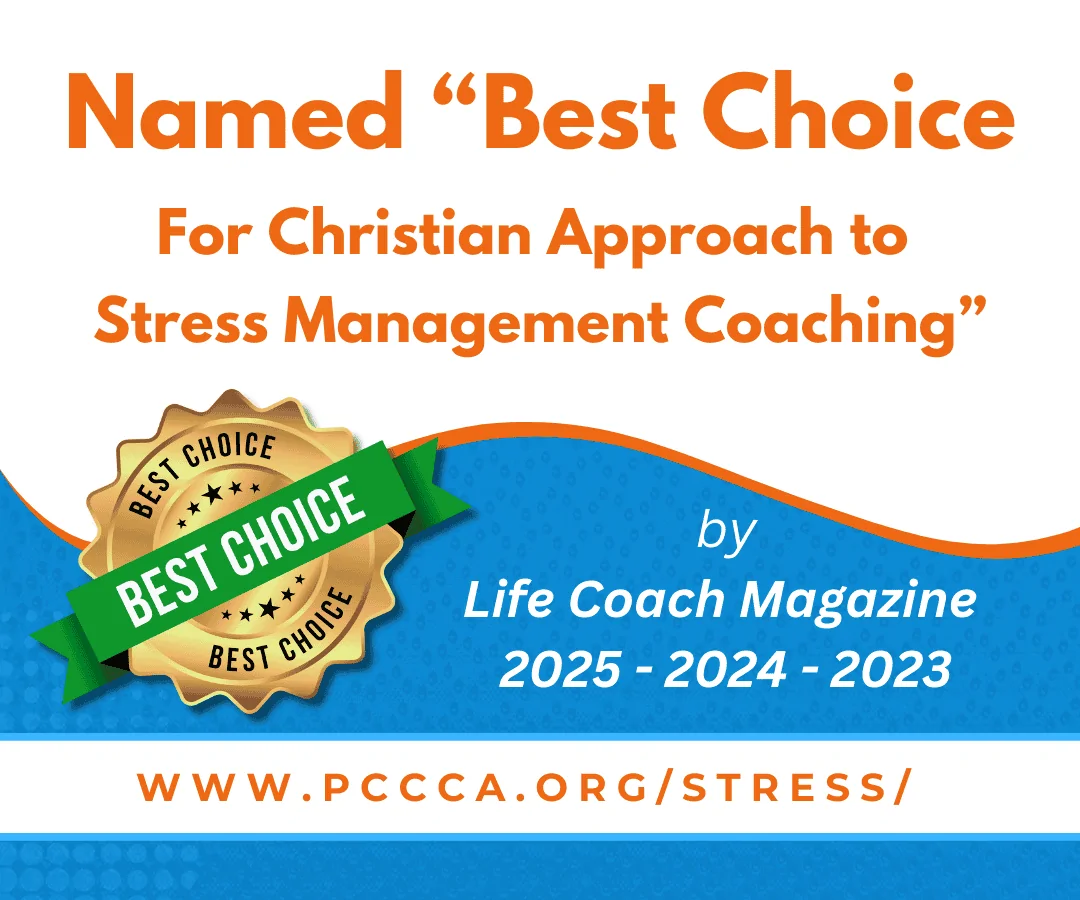Steps To Gain Relief From Overwhelm
In today’s fast-paced world, overwhelm has become more than just a feeling—it’s a state of being for many. Responsibilities pile up, expectations increase, and even joyful moments can become sources of stress. If you’ve felt emotionally or mentally exhausted lately, you’re not alone.
Understanding how to navigate overwhelm from both a practical and faith-based perspective is essential—not just for your own well-being, but so you can effectively support others as well.
Step 1: Recognize the Signs Early
Overwhelm often sneaks in gradually. It can show up as irritability, forgetfulness, difficulty concentrating, sleep disturbances, or a persistent sense of anxiety. Recognizing these early signs allows you to take action before stress becomes debilitating.
Stress isn’t always caused by big, dramatic events. Often, it’s the accumulation of small pressures over time—what we call “stacking stress.” Learning to detect the build-up early helps you reset before reaching burnout.
Step 2: Return to Center—Spiritually and Mentally
Faith offers a powerful anchor during life’s storms. Scripture reminds us in Isaiah 26:3, “You will keep in perfect peace those whose minds are steadfast, because they trust in you.”
Returning to center means making space for stillness with God—through prayer, quiet reflection, or simply breathing in His peace. Taking even five minutes to pause and reset your nervous system can help your body and brain move from chaos to calm.
Step 3: Use Actionable, Stress-Reducing Strategies
While prayer and scripture provide our foundation, God also gives us wisdom and tools to act. Here are a few effective, faith-aligned strategies to reduce overwhelm:
- Write things down. A brain dump can reduce mental clutter.
- Break large tasks into micro-steps. Clarity comes from movement, not from waiting for perfect conditions.
- Establish boundaries. Say “no” prayerfully and with peace.
- Practice gratitude daily. Gratitude rewires your brain toward positivity and breaks the cycle of stress-based thinking.
- Move your body. Gentle movement like walking or stretching helps metabolize stress hormones.
- Speak truth. Replace anxiety-inducing thoughts with scripture-based affirmations.
Each small step builds resilience and peace over time.
Step 4: Get Equipped to Help Others
Overwhelm isn’t limited to one demographic. We see it in teens, working parents, caregivers, pastors, and professionals alike. The need for wise, grounded, and faith-filled support has never been greater.
That’s why more individuals are being called to learn how to coach others through stress—not as therapists, but as guides who walk with others using biblically sound, science-supported tools.
Before anyone can effectively help others, they must first experience healing themselves. That’s why true coach training should begin with personal transformation. When your life reflects peace, resilience, and emotional clarity, people notice—and they naturally turn to you for guidance.
If this message speaks to you and you feel called to learn how to bring relief to others, consider the Certified Stress Relief Coach™ program at PCCCA.
You’ll find all the details here: https://pccca.org/stress
Because the best way to lead others out of overwhelm… is to have walked that path yourself.
INVITATION: Leave a comment below if this topic resonates with you and if you've found additional ways to overcome overwhelm and stress.
By Dr. Leelo Bush | pccca.org | Copyright (c) 2025, all rights reserved.



